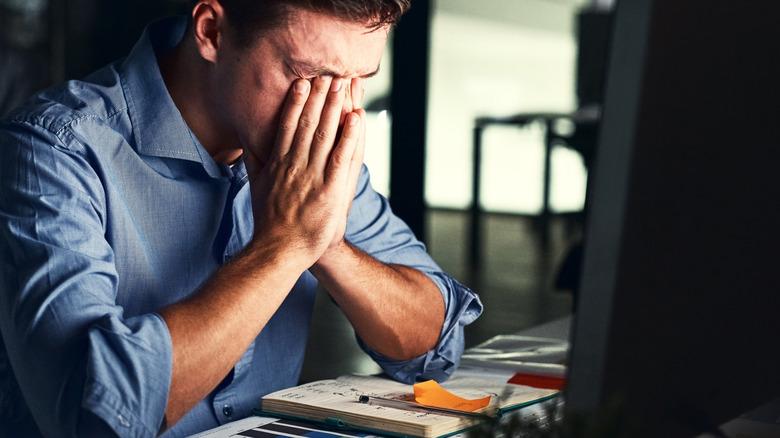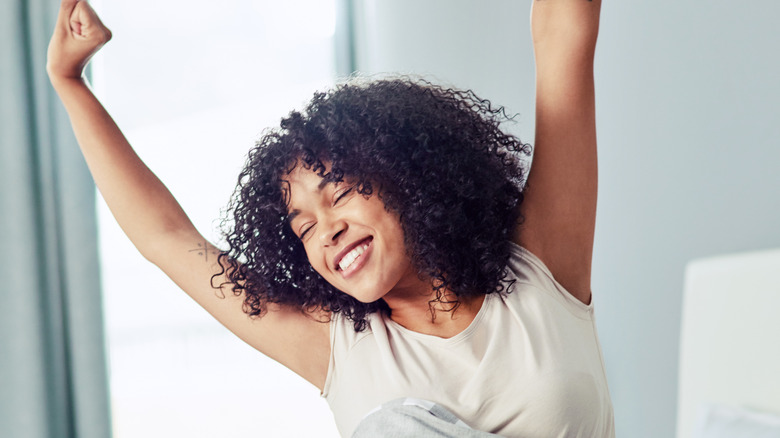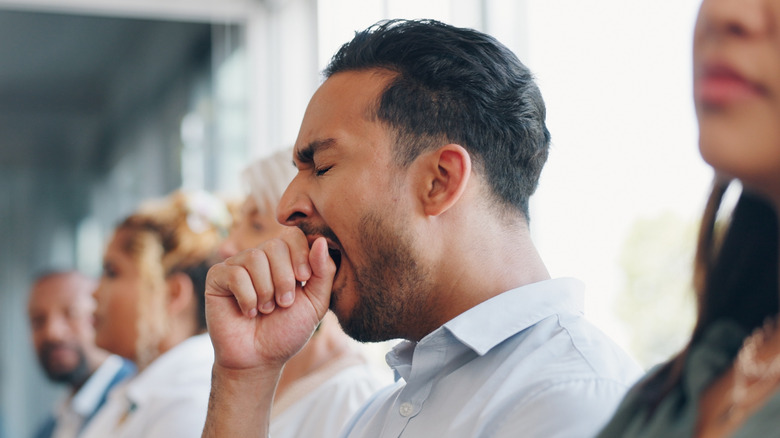There are many factors that can affect our sleeping patterns, which can in turn push us towards functioning best during daytime hours (“early birds”) or in the evening (“night owls”). For people who are part of the workforce, for example, their work shift determines, at the very least, what time they wake up and how long they’re up and about throughout their day. Sometimes, your desire to stay up watching TV or playing video games makes you hit the sack a little (or a lot) later than you should (and likely, to the detriment of your health). And, in some cases, the reason could be genetic, as suggested by the findings of a 2019 analysis of nearly 700,000 individuals published in Nature Communications.
Along those lines, researchers have also been looking into whether one type of sleeper (or chronotype) is necessarily better than the other in terms of happiness. And while a considerable number of people — close to half of the population, according to some studies — don’t neatly identify as one or the other, our growing body of knowledge about sleep science points to early birds being happier (and healthier).
Many studies say morning people are happier
In a 2020 study published in Chronobiology International, 564 medical students in Turkey completed questionnaires that measured their level of happiness. There was a strong association between self-reported happiness and being an early bird; on the other hand, night owls were less likely to identify as happy. The researchers noted “a significant relationship between happiness and chronotype, even when controlling for confounding variables, such as age, gender, and others.” This seemed to hold true for older adults as well, based on a 2012 article in the journal Emotion.
So, there’s evidence that morning people are happier — but on the whole, can being a night owl affect your mental health negatively? It’s possible, according to a 2007 article in Social Indicators Research. People who were more active at night reportedly experienced feeling mentally unwell (e.g., depression, bulimia), more often and to a greater degree, than early birds. Meanwhile, a 2018 paper published in Current Sleep Medicine Reports points to associations between the night owl chronotype and seasonal affective disorder (SAD), a tendency towards substance misuse, and, unsurprisingly, poor sleep quality.
If you or someone you know needs help with mental health, please contact the Crisis Text Line by texting HOME to 741741, call the National Alliance on Mental Illness helpline at 1-800-950-NAMI (6264), or visit the National Institute of Mental Health website.
Can a night owl become an early bird?
Research seems to suggest that being a night owl may be worse for your health than you think. So at this point, you might be wondering if it’s possible for you to rewrite your established sleep patterns and become an early bird. Fortunately, it’s possible: Once you figure out the real reason you’re not a morning person, you can address the root of the problem and make it so that you can fall asleep earlier and faster.
Some effective strategies include establishing a consistent sleeping schedule (basically, setting a permanent bedtime for yourself and sticking to it), refraining from using electronic devices in the hours leading up to your bedtime, reducing the amount of caffeine you consume throughout the day, incorporating exercise (e.g., running, yoga) into your daily routine, and calming your senses through music or aromatherapy. Daytime napping might also be preventing you from getting a full night’s sleep, so try (if you can) to limit catching those zzz’s to when you’re able to properly hit the sack at the end of your day. And if you’ve tried all the right habits and still find yourself wide awake at midnight, remember: it might not be your fault—your genes could be playing a role in whether you’re naturally wired to be a night owl.









